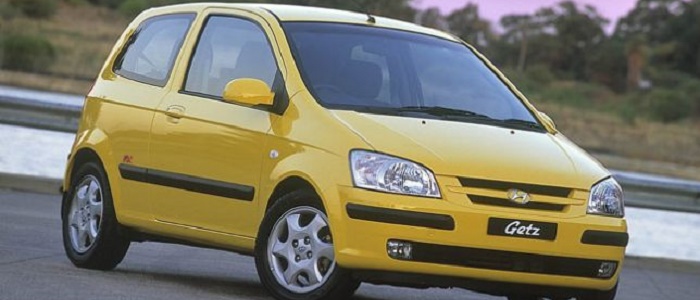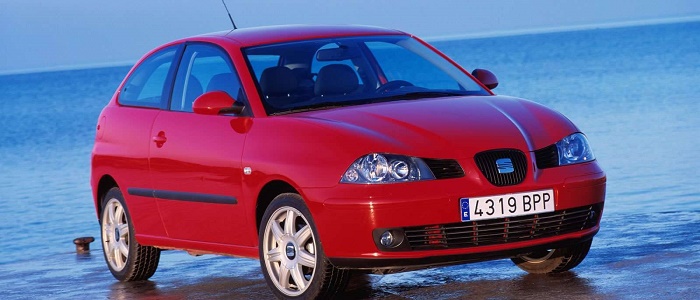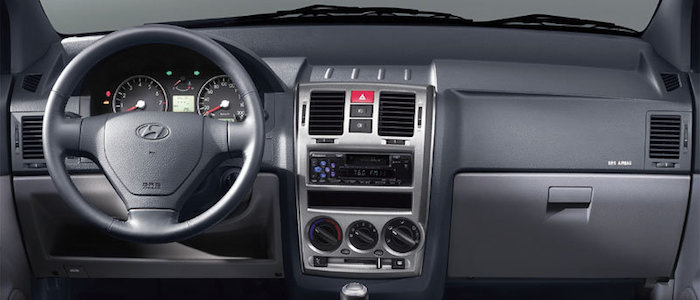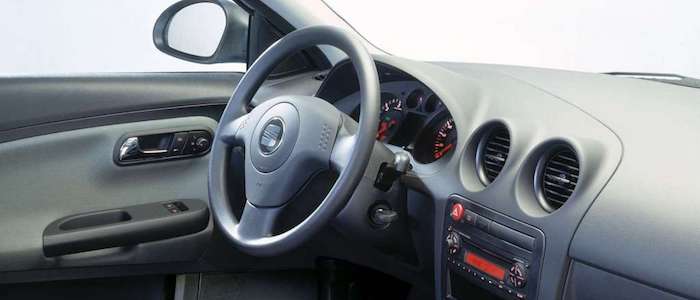Compare two cars
Compare any two cars and get our Virtual Adviser™ opinion
Marketing
Dimensons & Outlines
Engine
Performance (manual gearbox)
Performance (automatic gearbox)
Expenses
Virtual Adviser's™ opinion
Well, these are two pretty similar cars we have here! It's only details that could potentially make the difference. Considering they both belong to the city car segment and utilize the same 3-door hatchback body style and the front wheel drive system, it all comes up to the specific petrol engine choice they offer. The first one has a Hyundai-engineered powertrain under the hood, a 4-cylinder, 12-valves 83hp unit, while the other one gets its power and torque from a 4-cylinder, 16-valves 75hp engine designed by Volkswagen.
SafetyA starting point here would be to take a look at the results from European New Car Assessment Programme (Euro NCAP) tests which were performed on both of the cars, with the same number of safety stars gained in the process. Moving further on, let's take a closer look at some additional safety-related facts. Both vehicles belong to the city car segment, which is generally not a very good thing safety-wise, but it doesn't do much to help us decide between the two. On the other hand, when it comes to weight, a factor that most people underestimate, the Spanish car offers a marginal difference of 5% more metal.
ReliabilityManufacturers have been building their reliability reputation for decades now and, generally speaking, it appears that Hyundai does have a slight advantage, all the models observed together. These are the official statistics, while our visitors describe reliability of Hyundai with an average rating of 4.5, and models under the Seat badge with 4.4 out of 5. The same official information place Getz as average reliability-wise, and Ibiza is more or less at the same level.That apart, owners of different cars powered by the same engine as the Korean car rank it on average as 4.5, while the one under the competitor's bonnet gets 4.2 out of 5.
Performance & Fuel economyHyundai is undoubtly more agile, reaching 100km/h in 1.7 seconds less than its competitor. Still, it lacks the power to win the top speed competition, topping at 164 kilometers per hour, 10km/h less than the other car. When it comes to fuel economy things look pretty much the same for both cars, averaging around 6.3 liters of fuel per 100 kilometers (45 mpg), in combined cycle.
Verdict
Hyundai appears just a bit more reliable, although the difference is truly marginal. The most important thing when deciding between any two vehicles should always be safety, both passive and active. In my opinion, everything taken into account, the Spanish car offers slightly better overall protection and takes the lead. From there things take a different direction, with Hyundai being considerably quicker, thus putting more smile on driver's face. To make things even better, it consumps less fuel! I believe that, when we take all into account, we have only one winner here - the Hyundai. Nevertheless, let's not forget that people have different preferences and needs, so what really counts is your personal feel. I'm only here to help. In case you have two minutes to spare I invite you to define your needs, desires and budget and see which car would be chosen by the virtual adviser™, among thousands of similar, yet so different vehicles.
































